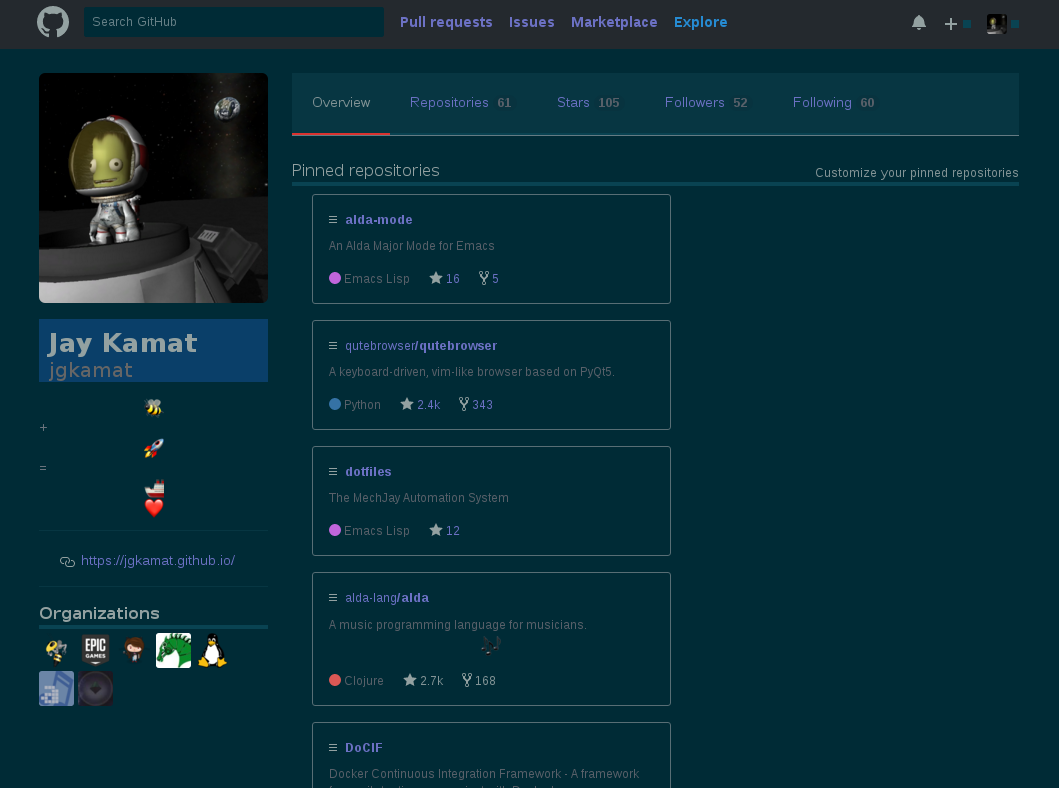Hi Jay,
IIUC this is essentially what #15 is about. It would require some modifications to the build system. You could say that it's on the to-do list, but it's not a very high priority for me, as it seems like a lot of work to workaround a problem that isn't exactly a problem to begin with, because the all-sites file is kind of like a shot in the dark, an "if it works, cool, but it probably won't most of the time" thing.
I think the easiest solution in your case would be to delete the bigblow.styl file and rebuild the CSS, then it will be excluded. :)
I saw in some of your other comments that you were having trouble with the build system, so let me know if I can try to help you with that. I'm not a Node guy really, I just installed what I needed from the Ubuntu repos as much as possible (I don't recall how much, if anything, I installed directly with Node), and it works for me. I'm really not a fan of Node, even less now than when I started this project, but Styl seems to be the most concise and powerful CSS framework, so I decided to use it.

The new BigBlow css file seems to be conflicting with many of my sites in the all-sites css file.
For example Before:
After:
Could the bigblow target please be excluded from the all-sites css file somehow?
(this is what caused the problems for me in the PR's I made).